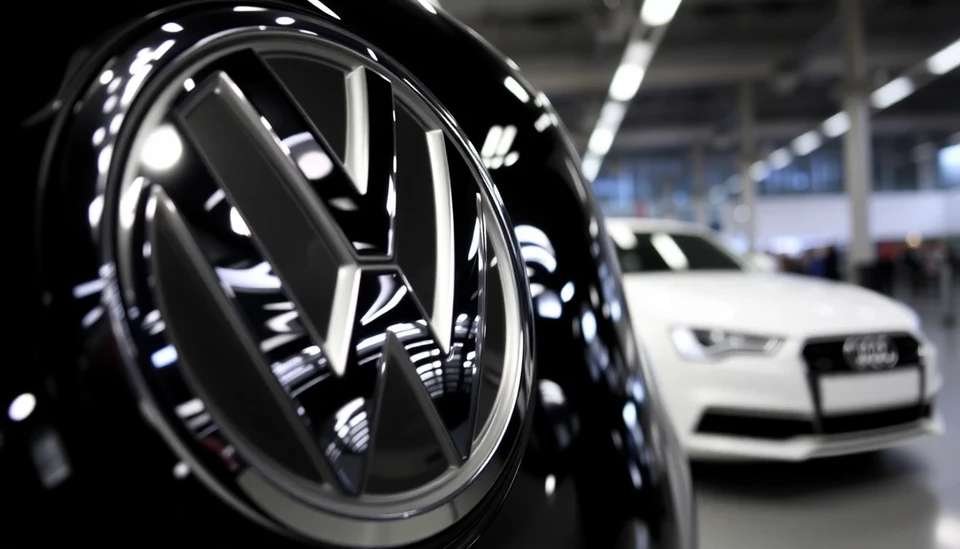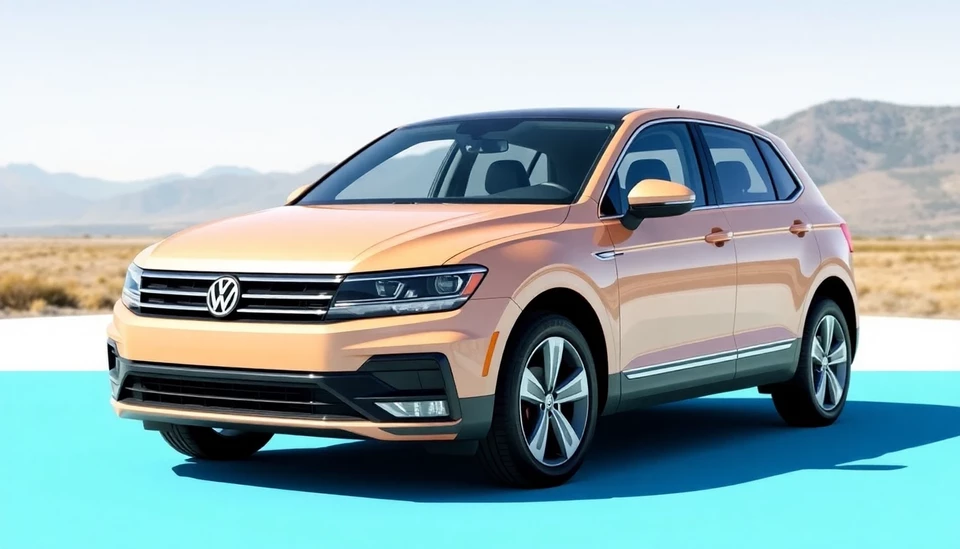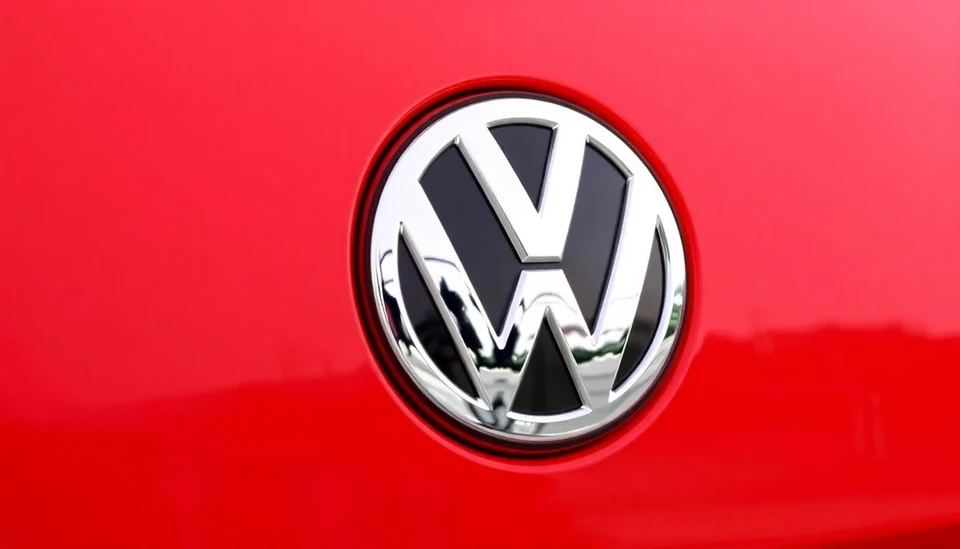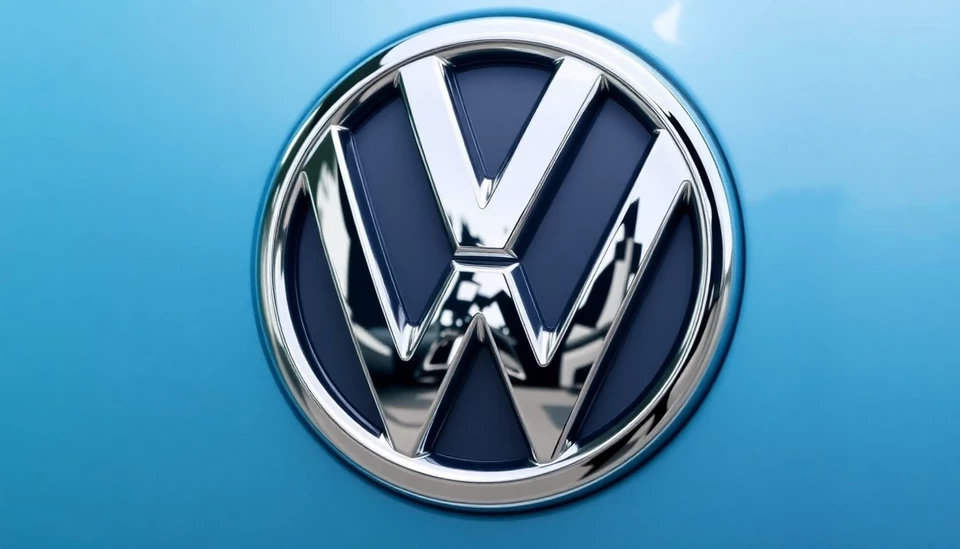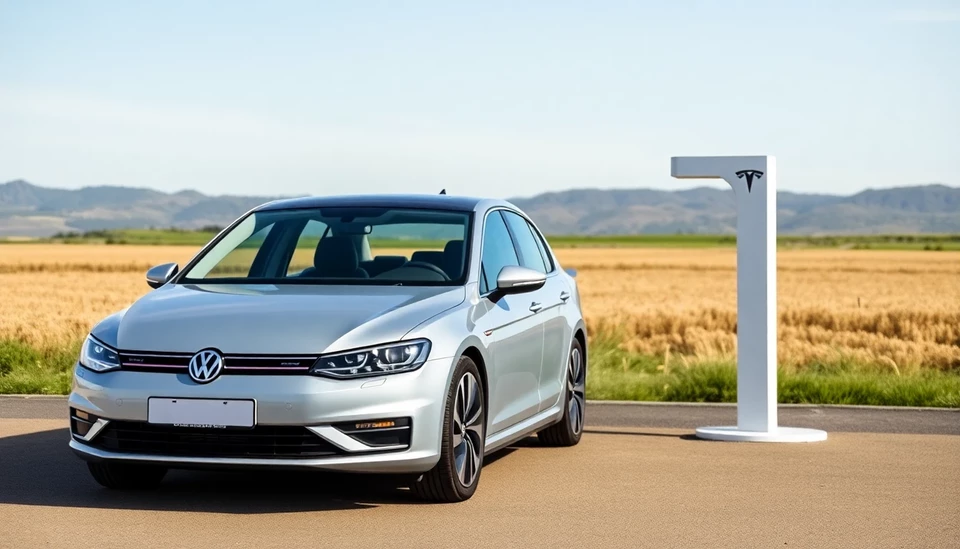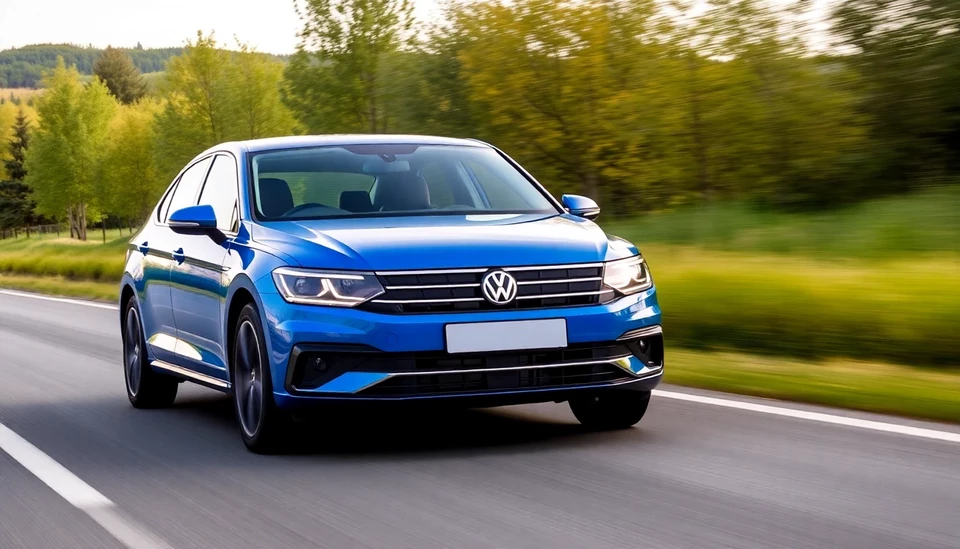
As the automotive industry prepares to enter another tumultuous year, major automotive manufacturers Volkswagen and Stellantis are bracing for significant hurdles ahead. Despite optimistic forecasts in sales and production, market pressures, rising interest rates, and shifting consumer preferences are creating a complex landscape for these automotive giants to navigate.
The global automotive sector witnessed fluctuating sales and disrupted supply chains this past year, along with persistent economic challenges. As production ramped up post-pandemic, companies anticipated a rebound in vehicle demand. However, the anticipated growth has not materialized as expected, which has left many industry players in a precarious position.
Volkswagen, Europe's largest automaker, is particularly concerned about rising interest rates. These increased costs are driving up monthly car payments, which could deter potential buyers. Industry analysts suggest that as financing becomes more expensive, consumers may opt to delay purchases or turn to used vehicles instead. This shift could adversely impact new vehicle sales for VW and other manufacturers that rely heavily on consumer confidence.
Stellantis, which resulted from the merger of Fiat Chrysler Automobiles and PSA Group, is also preparing for a challenging year. The company is focused on streamlining operations and enhancing their electric vehicle offerings to stay competitive in a rapidly evolving market. Despite these efforts, Stellantis may face struggles related to production costs and maintaining profitability amid economic uncertainty.
Additionally, both companies are under immense pressure to fulfill regulatory requirements related to emissions and fuel efficiency. As governments worldwide implement stricter standards to combat climate change, Volkswagen and Stellantis must invest heavily in research and development. This shift towards a greener lineup will not only strain financial resources but may also affect short-term profitability as these companies make the transition.
Industry insiders predict that 2024 will be a pivotal year for both Volkswagen and Stellantis. While the potential for recovery exists, there are myriad uncertainties including fluctuating raw material prices and geopolitical tensions that could disrupt supply chains further. Both companies need to demonstrate robust adaptability and innovative strategies to withstand the impending storm while also embracing the shift towards electric vehicles.
The focus for automakers will not only be on sustaining sales but also on how effectively they can pivot their operations to meet the demands of an evolving market. As consumer preferences shift towards sustainable options, manufacturers must invest in technology and infrastructure to accommodate these needs.
In conclusion, Volkswagen and Stellantis are nearing a critical juncture and must prepare effectively for the upcoming challenges. Their proactive strategies, particularly in electric mobility and cost management, will be essential as they navigate the complexities of the 2024 automotive landscape.
With all these factors in play, 2024 promises to be another defining year for the auto industry, requiring resilience and forward-thinking from major players like Volkswagen and Stellantis.
#Volkswagen #Stellantis #AutoIndustry #ElectricVehicles #MarketChallenges #2024Forecast
Author: Victoria Adams
